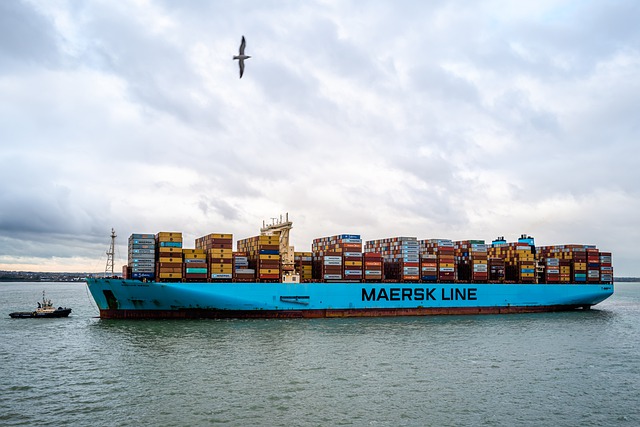
As trade tensions continue to escalate, particularly with the intensification of the U.S.-China tariff and trade wars, the shipping industry is facing unprecedented challenges. Maersk's Chief Commercial Officer, Karsten Kildahl, stated in a recent public speech that the current global economic turbulence poses unprecedented challenges for many businesses, especially under the tariff policy changes announced by U.S. President Trump.
Despite the grim situation, Kildahl emphasized that Maersk has demonstrated the ability to deal with complex situations in multiple crises in the past, and has prepared for the current global turbulence through continuous investments and innovation.
He highlighted that Maersk has been investing heavily globally, covering areas such as warehousing, ports, vessels, and aviation. These investments not only help the company maintain a strong logistics network globally but also provide greater flexibility in navigating the current volatile market environment. This flexibility is crucial for many businesses, especially when global supply chains face significant uncertainty.
Kildahl pointed out, "We have the capability to provide solutions to address the various difficulties that businesses are currently facing." These "solutions" not only address immediate issues in logistics transportation but also prepare for potential future challenges, such as increased global trade barriers, frequent adjustments in tariff policies, and even a decline in economic demand.
Maersk has not directly responded to the impact of the U.S.-China trade war, especially the potential effects of tariff increases on its performance. However, analysts believe that if the trade war escalates and the global economy enters a recession, the global shipping industry may face pressure from declining freight volumes, directly affecting the profitability of companies like Maersk.
Nevertheless, Maersk, through strategic investments on a global scale, particularly in ports, warehousing, and transportation networks, positions itself to deal with this uncertainty and provide more flexible solutions for its customers. In the current situation, this flexibility is crucial as businesses need to continuously adjust their supply chain strategies to cope with potential trade policy changes and market fluctuations.
